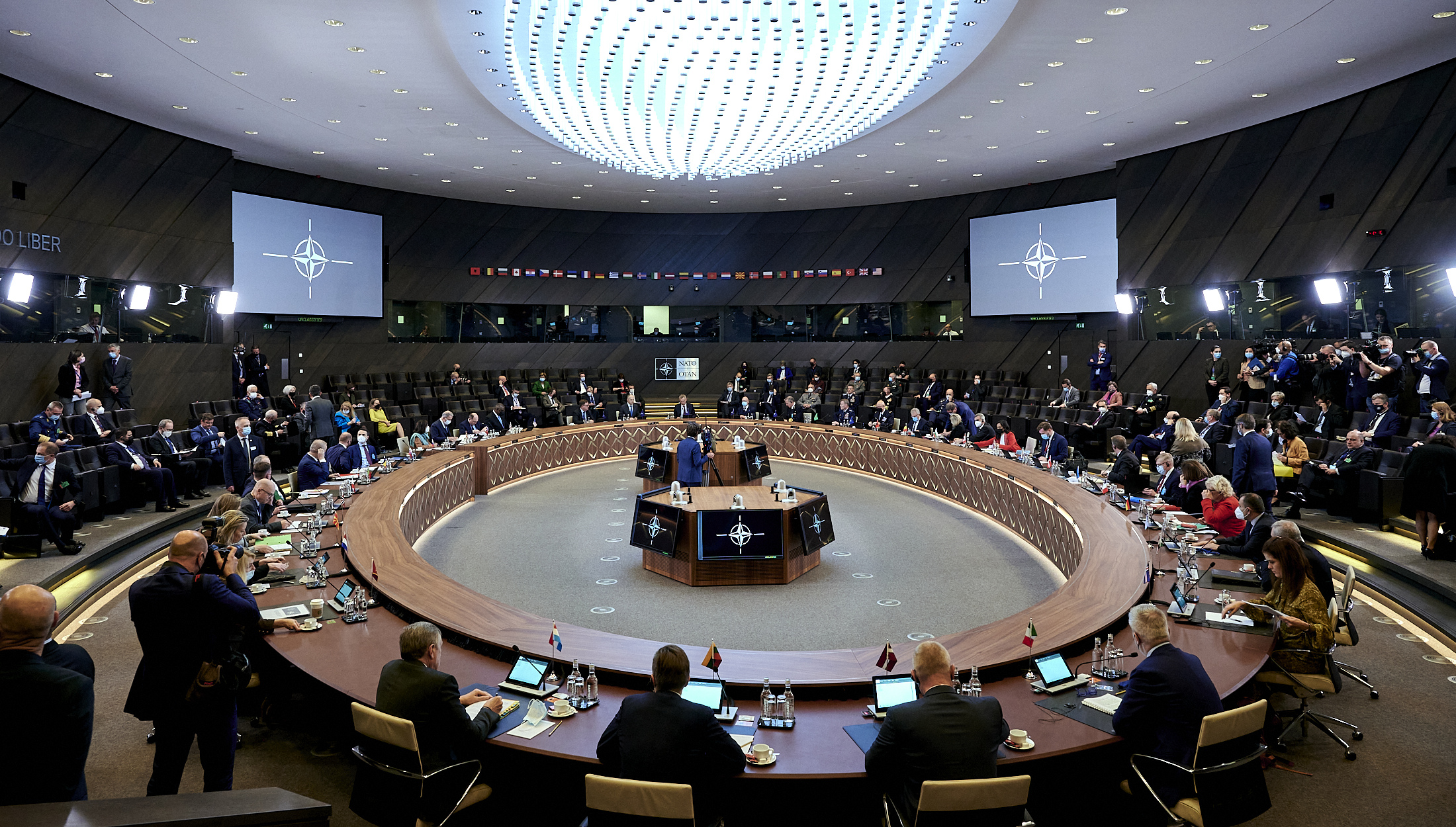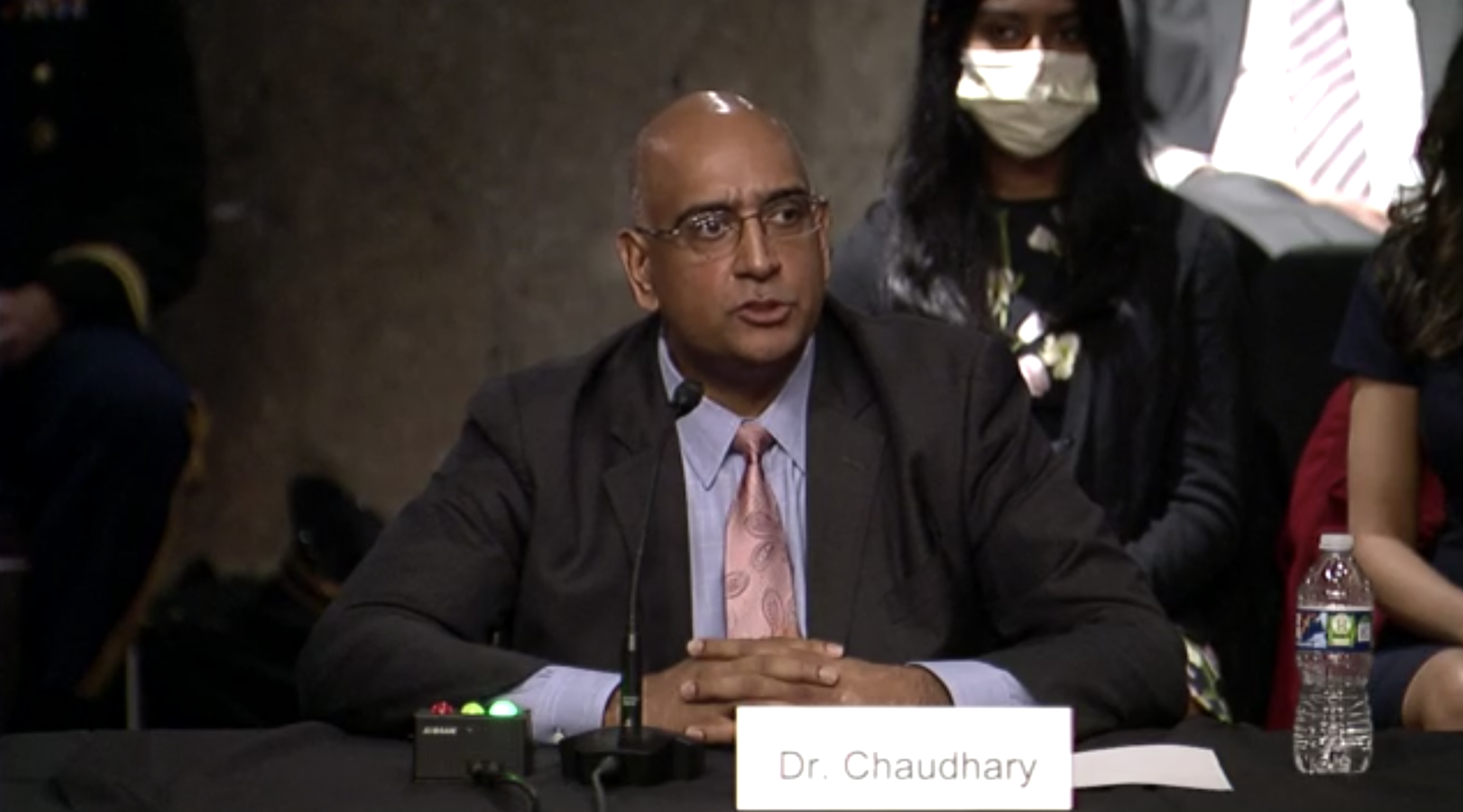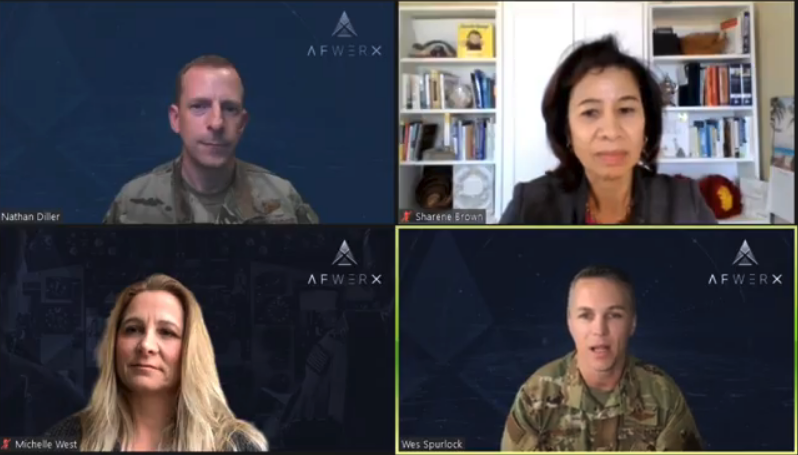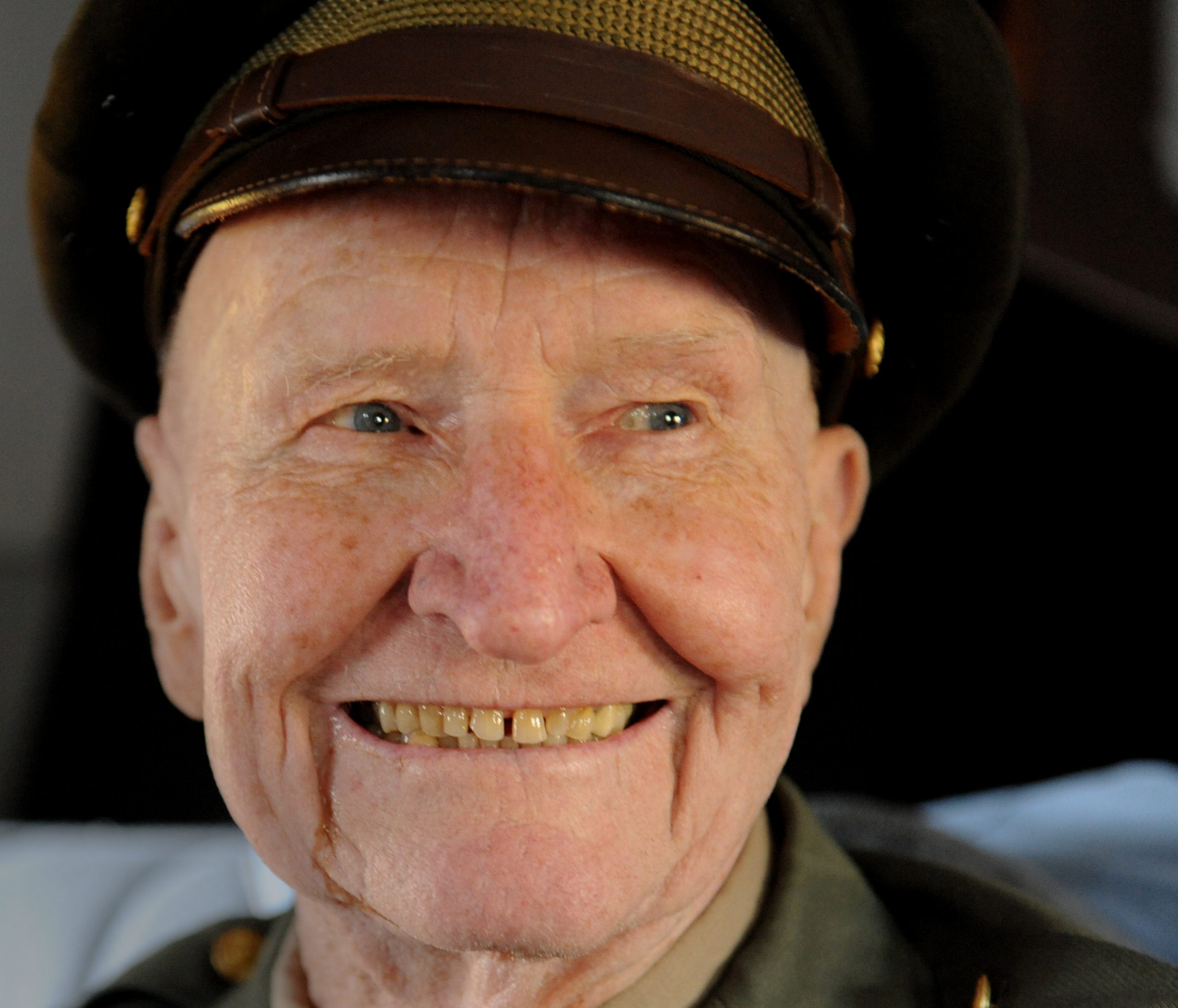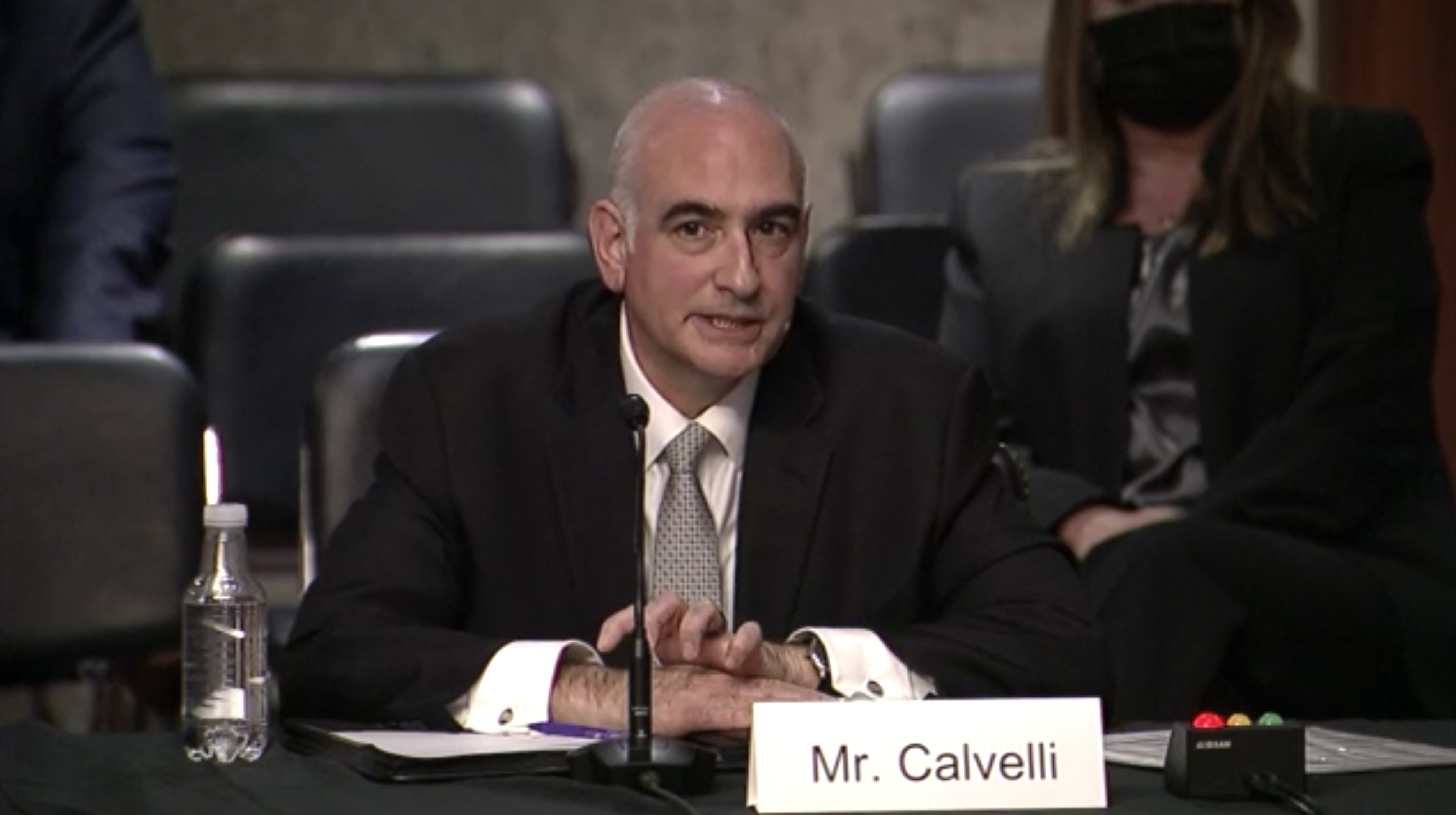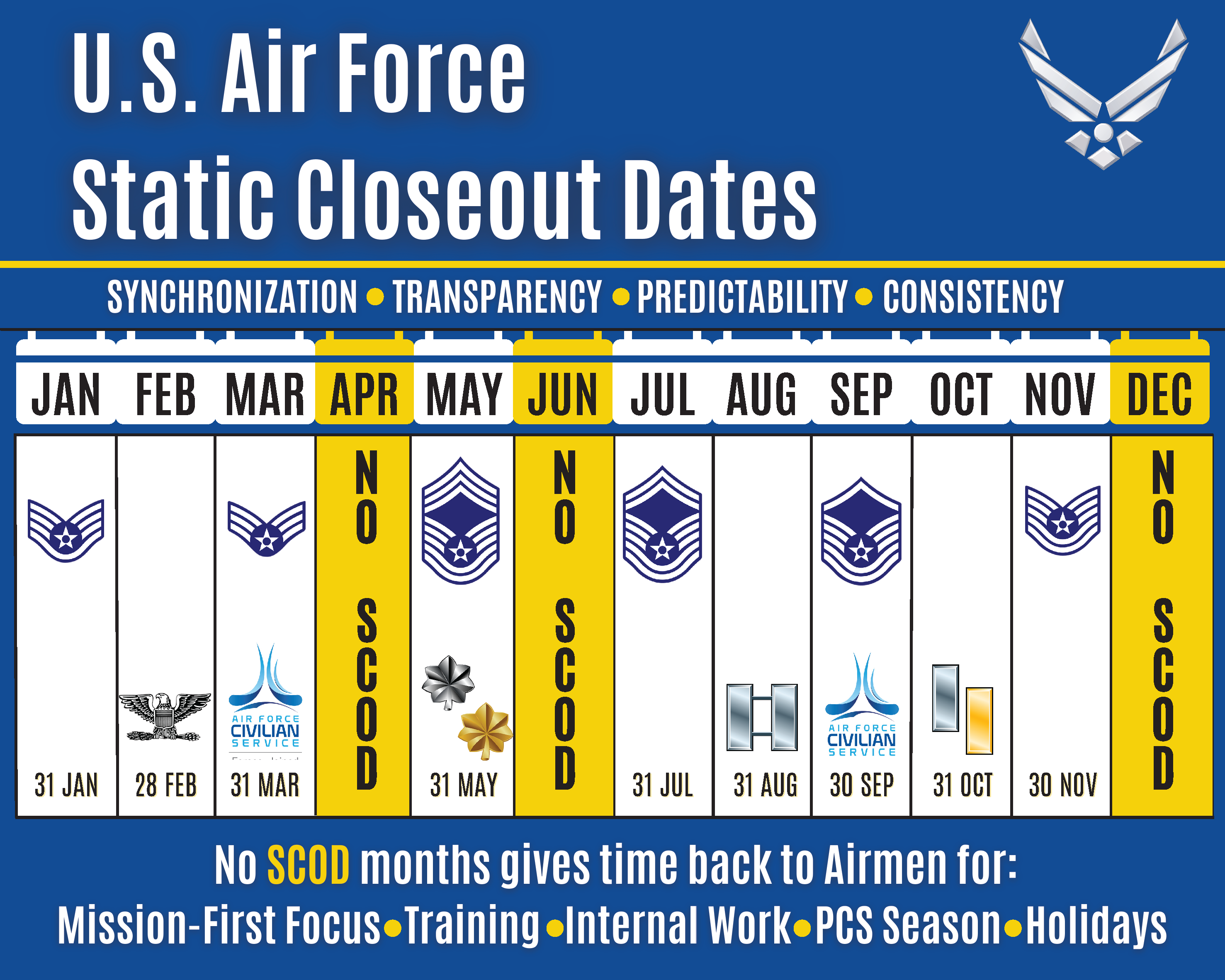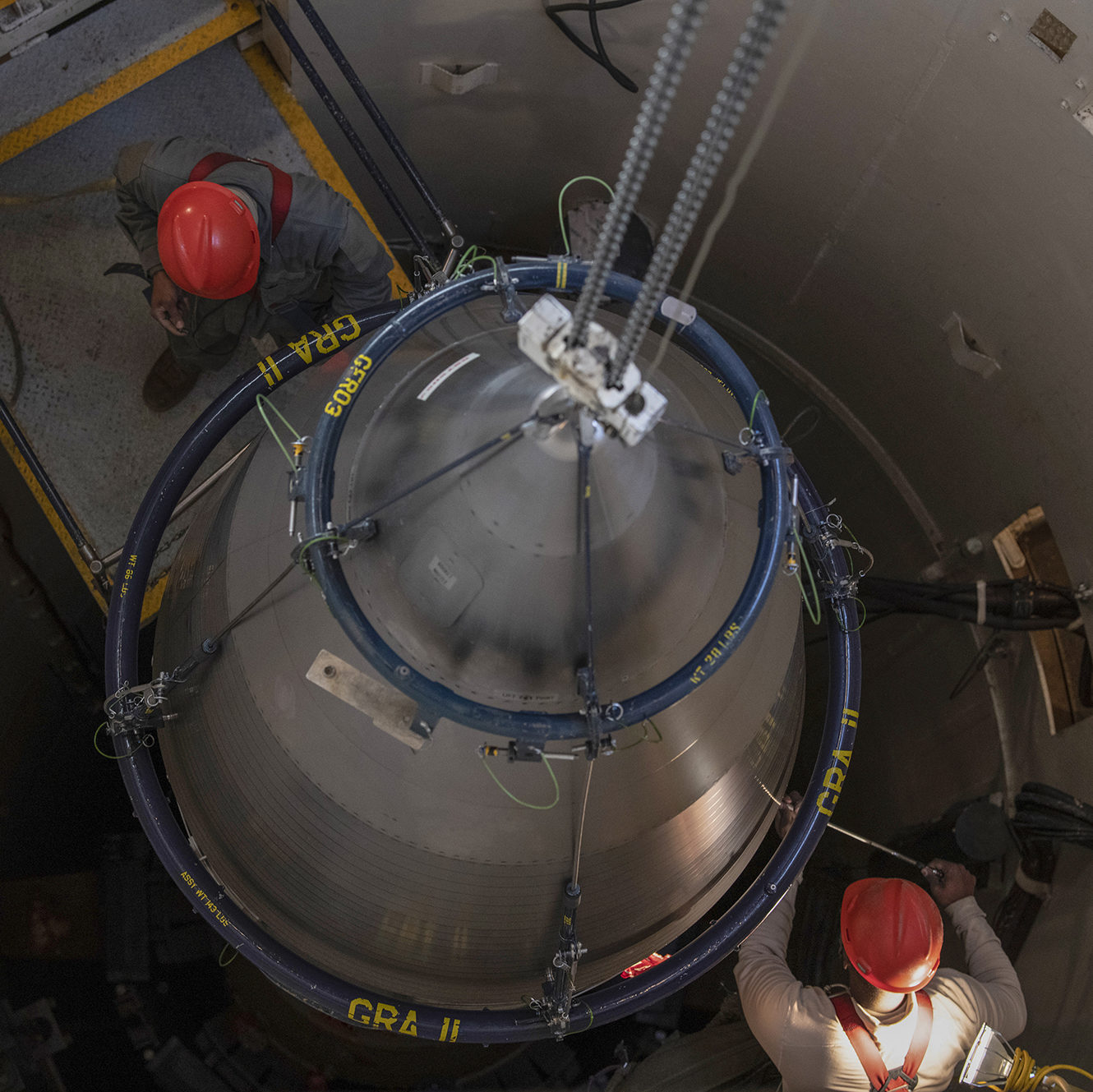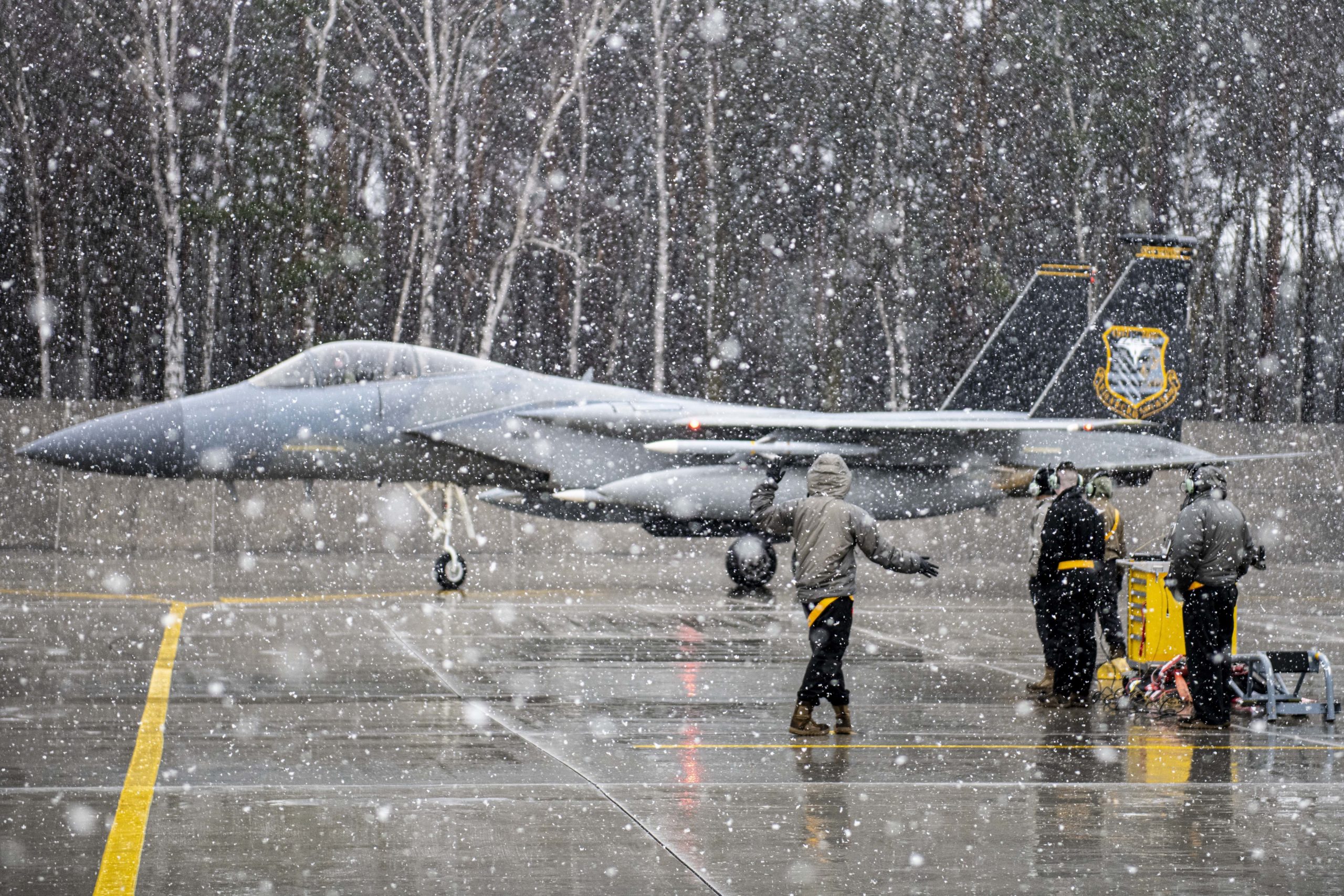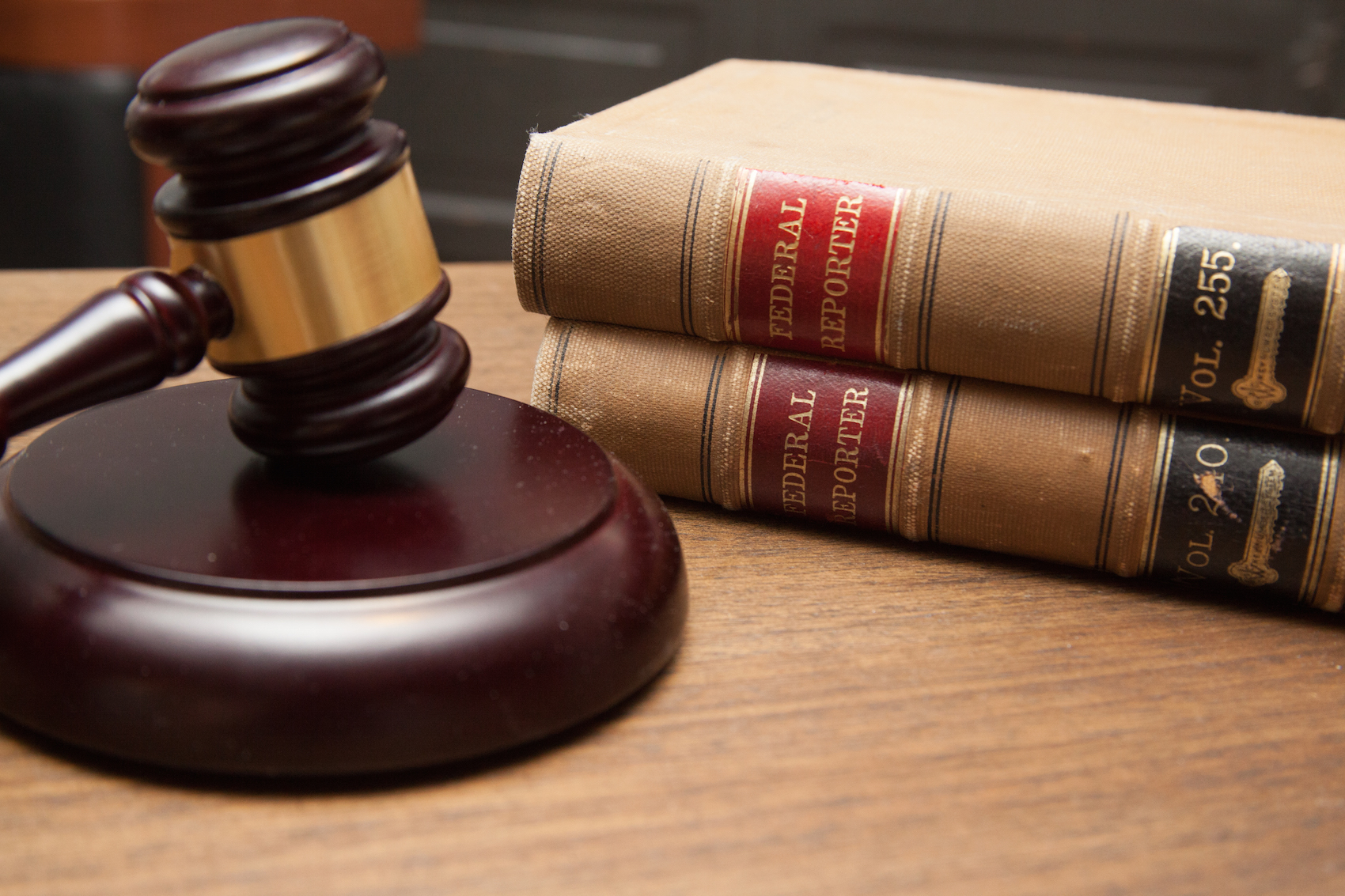Defense Secretary Lloyd J. Austin III wrapped up a two-day NATO defense ministerial in Brussels saying Russia’s bluff withdrawal did not fool him, and that the alliance is only stronger, as Russian President Vladimir Putin continues to add troops and air combat power to Belarus, Crimea, and the Black Sea to encircle Ukraine.
“In many ways, this brings Russian troops right up to NATO’s doorstep,” Austin told reporters after the conclusion of the 30-member meeting, which included sessions with defense ministers from NATO candidates Ukraine and Georgia as well as partners Finland and Sweden.
“The Russians say that they are withdrawing some of those forces now that exercises are complete, but we don’t see that,” he added.
Austin said Russia has flown in more combat aircraft, sharpened readiness in the Black Sea, and stocked up blood supplies, including adding a field hospital and pontoon bridge.
“I know firsthand that you don’t do these sort of things for no reason, and you certainly don’t do them if you’re getting ready to pack up and go home,” the longtime Soldier said.
Austin also warned that the cyberattack against Ukraine’s Defense Ministry and banks Feb. 15 was right out of the Russian playbook, as are misinformation campaigns and a potential false-flag operation to prompt an invasion. The moves have united the NATO alliance and prompted the United States to move F-35s to Germany and 24 F-16 and F-15 fighter jets to Eastern Europe, as well as a Stryker unit and 8,000 Soldiers to the eastern flank.
Austin also announced a Stryker company would deploy to Bulgaria, on the Black Sea, for a joint training exercise, and that the United States would explore other ways to strengthen readiness.
“Mr. Putin says that he doesn’t want a strong NATO on his western flank. He’s getting exactly that,” Austin remarked. “I can honestly say that I have never seen the alliance more relevant and more united and more resolute than I see it today.”
Austin nonetheless said conflict was not inevitable and that the United States and NATO remain open to a diplomatic solution.
“If Mr. Putin is serious about achieving that sort of outcome, he will find in the United States, and in this alliance, no better or more serious interlocutor,” Austin said of diplomacy to diffuse the crisis. “And if he’s not, as his deeds thus far tend to indicate, it will be clear to the entire world that he started a war with diplomatic options left on the table.”
Should the Russian threat extend to the eastern flank of NATO, Austin said the United States would be prepared to “defend every inch of NATO territory.”
Chairman of the Joint Chiefs of Staff Army Gen. Mark A. Milley followed up on the promise Feb. 17, coordinating with his British and Baltic counterparts in Estonia and Latvia with phone calls. The day before, Milley called his counterparts in Lithuania and Bulgaria, according to Joint Staff spokesperson Col. Dave Butler.
NATO Secretary-General Jens Stoltenberg in concluding remarks said NATO had responded to a December draft treaty sent by Russia, which called for rolling back the alliance, prohibiting Ukraine and Georgia from ever becoming members, and removing missile defenses, among other demands. Russia has claimed that NATO, and by extension aspiring member Ukraine, is a threat to its security.
While the NATO “open-door” policy would not be rescinded, Stoltenberg said NATO had delivered substantive responses to Russia regarding arms control, missile defense, and transparent military activities.
“We are waiting for the response from Russia,” he said, referencing a meeting of the NATO Russia Council in January that took place the same week that Russian diplomats met with the United States in Geneva and with the Organization for Security and Cooperation in Europe in Vienna.
In recent days, Moscow signaled its willingness to pursue diplomacy and telegraphed images and stories about its troops and heavy equipment withdrawing from the Ukraine border.
“Despite Moscow’s claims, we have seen no sign of withdrawal or de-escalation so far,” Stoltenberg said. “On the contrary, Russia’s buildup appears to continue.”
President Joe Biden speaking on the South Lawn early Feb. 17 said the threat of a Russian invasion remains “very high,” noting he had dispatched Secretary of State Antony Blinken to the United Nations to make a statement.
“We have reason to believe that they are engaged in a false-flag operation to have an excuse to go in,” Biden said of Russian forces. “My sense is this will happen within the next several days.”
